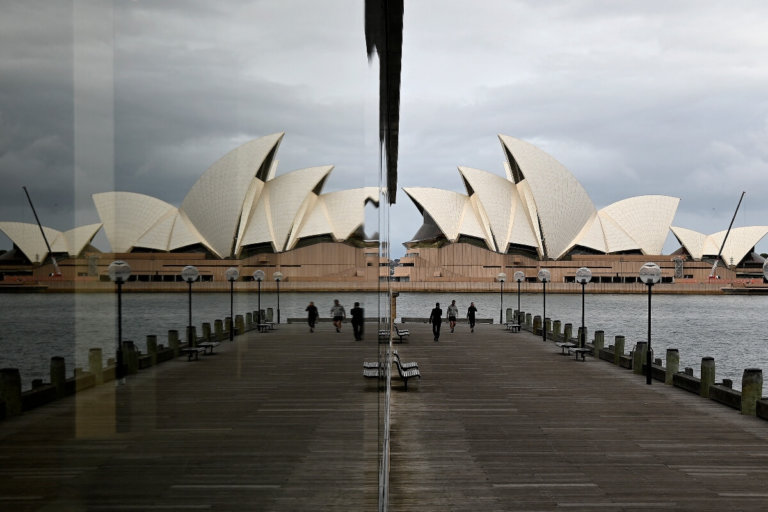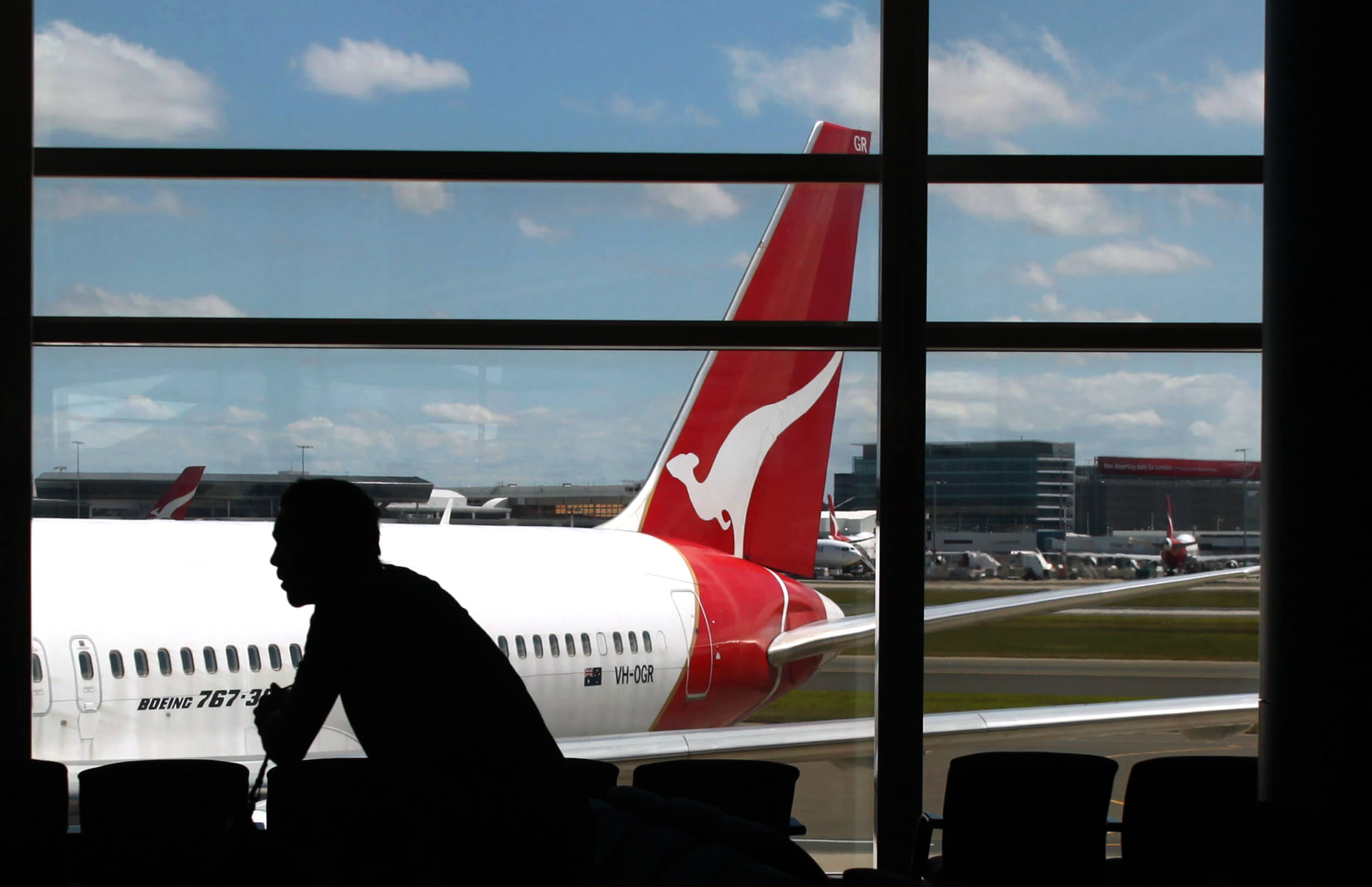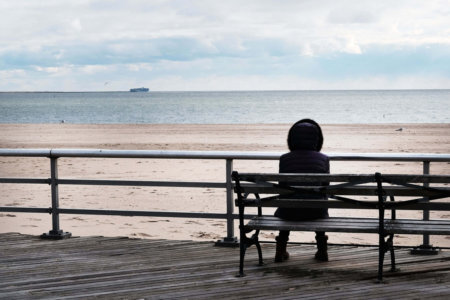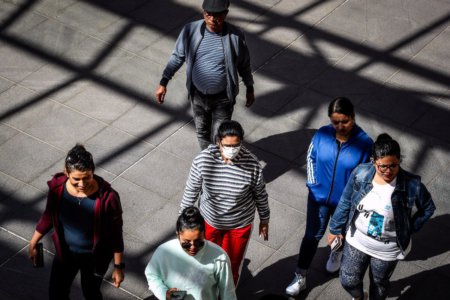
Singapore’s Ministry of Foreign Affairs has denied claims that the country could be used as a quarantine centre for those wishing to enter Australia via Singapore. In a press statement, the ministry spokesperson said Singapore is currently in discussions with Australia on the mutual recognition of vaccination certificates and travel resumption, with priority for students and business travellers.
They are also discussing the possibility of an air travel bubble, allowing Singaporeans and Australians to travel between both countries without quarantine. “We are not in discussion on the concept of a quarantine centre or vaccination hub. Australian nationals can transit via Singapore without quarantining to return home if they travel on approved transit routes and if they comply with our public health protocols while in transit,” it said.
Previous claims said Australia could establish Singapore as a quarantine gateway, holiday destination and potential vaccination hub for returning Australians, international students and business travellers. The proposed deal would help facilitate the return of approximately 40,000 Australians stranded abroad, boost tourism to Australia from Singaporean nationals and third countries down the track, and jumpstart the multibillion-dollar market for international students at Australian universities.
No quarantine centre, no incoming students

Australian student accommodation providers have been lobbying to the government to act as a quarantine centre for students. Source: Marianna Massey/AFP
With Australia’s borders closed to all non-citizens and non-residents from March 20, 2020, the country has seen a drastic drop in international student arrival numbers. According to figures released by the Australian Bureau of Statistics (ABS), in January 2021, there were 360 international student arrivals to Australia, marking a 99.6% decrease compared to the corresponding month of the previous year.
The country’s national statistical agency said international student arrivals by state and territory in January are:
- 140 to New South Wales
- 70 to Victoria
- 40 to Queensland
- 10 to South Australia
- 20 to Western Australia
- 10 to Tasmania
- 30 to the Northern Territory
- 40 to the Australian Capital Territory
International students still have no indication when they can return to Australia. Students stuck offshore have been campaigning for their return to Australia via petitions and Twitter campaigns. Recently, students engaged in a hashtag campaign on March 3, ahead of Australia’s March 5 cabinet meeting, to “sensitise the Australian government to the plight of international students stuck offshore”. They were also hoping for a clear message from the Commonwealth Government about their return to Australia. The meeting did not result in any proposed timeline for students’ return.
Some students are planning to treat the outcome of the March 5 meeting as the last straw — unless there is positive news about their return to Australia, they plan to transfer to universities in Canada or the UK. Reports by university vice-chancellors and international education agents have claimed that some students initially bound for Sydney have reportedly “given up” on waiting for Australia’s borders to reopen and take up alternative offers at UK or Canadian universities.
Last year, research by student recruitment firm IDP Connect found more than half of students with applications for Australian universities (53%) are considering switching to another destination if they can start on-campus learning sooner. Globally, international students overwhelmingly (92%) favour quarantining rather than deferring their studies, a 15% increase from June 2020.
The majority of students heading to Australia (60%) said they were willing to pay a portion of the quarantine costs but expected assistance from their institution, while 22% stated they would pay for all quarantine costs, and 18% were not willing to pay any costs at all. Many students (44%) are only willing to study online for three months before transitioning to face-to-face learning.
Plans for Australian student accommodation providers to quarantine international students with their facilities was put forward by a team of international education and accommodation groups who are aiming to bring back students without taking hotel quarantine places away from returning Australians. The Morrison government has yet to specify any plans regarding these quarantine centres.










